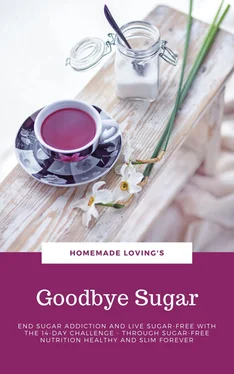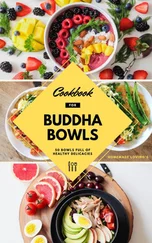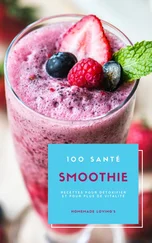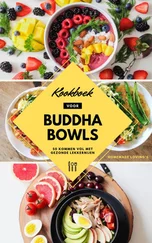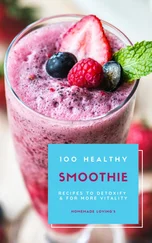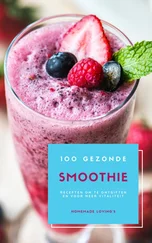So sugar isn't bad across the board. Like any poison, it's the dose that matters. Your body can't survive long without carbohydrate energy. But with too much sugar you inevitably gain weight, and that is the problem with our current diet.
What contains sugar - and what does not?
You now know that there are short-chain and long-chain carbohydrates and that you can't do without them, but if you can, then long-chain carbs are more recommendable. But what about real sugar? What foods does it contain, how is it camouflaged by the industry and what different types of sugar are there?
Sugar is not the same as sugar
In many foods you will find sugar on the list of ingredients. Yoghurt, bakery products, almost all ready meals, spreads, sauces and convenience products all contain sugar - unless the product is labelled as sugar-free. But even then there are pitfalls. It is already difficult because products with such a list of ingredients do not always have sugar on them where sugar is. Maybe you'll stumble across one of those names:
Glucose syrup (sweets, gummy bears, etc.)
Fructose (fructose)
Lactose (lactose)
Sucrose
Dextrose (dextrose)
Fructose-glucose syrup (mixture of fructose and glucose syrup)
Caramel or caramel syrup (caramel is highly heated sugar)
Maltose or malt extract
Dextrin or maltodextrin
Sweet whey powder (contains lactose)
You can search for these ingredients on the packaging. This allows you to avoid products with a high sugar content for the most part when you are shopping more consciously in the future. You will notice that you can follow a simple basic rule. The more natural you shop, the less trouble you have with avoiding sugar. There's nothing in a stick of celery, zucchini or organic chicken breast you don't want to eat. Conversely, this means that ready meals are no longer necessary and that you cook yourself instead - and determine what may be contained in your food and what is not to be found there.
In addition to the industry names that all come down to sugar, there are other critical products that you may not be thinking about right now. At first glance they may appear healthy and often have healthy properties, but at the same time they contain sugar in various forms. These foodstuffs or products include:
Agave syrup (sugar substitute that actually still contains a lot of sugar)
Honey (antibacterial, but sometimes composed of sugar)
Fruit juices & smoothies with fruit (contain fructose; green smoothies from vegetables contain less sugar)
Natural vs. artificial sugars
Basically, it is always better to eat sugar if, then from as natural a source as possible. Gummy bears are worse than a piece of fruit, but the piece of fruit from the fresh food department in the supermarket is better than the piece from the baker's cake next door.
This is due to the fact that natural foods have a different composition than industrially processed products with added sugar. There is not much more to a ready-to-eat meal containing sugar than preservatives and colourings. Even though you have eaten, your body lacks food that it needs to live. An apple or a banana would have provided you with vitamins, minerals and fibre - despite fructose. You probably absorbed the same amount of sugar in both of them, but in the natural variant you got nutrients at the same time.
Healthier sugars: What's the point?
I'm sure you've heard of raw cane sugar or coconut sugar. Sugar, of course, is still that, after all, that's what it's called. However, these variants are said to be better than the household refined sugar.
They are therefore marketed as healthier because these sugars are absorbed more slowly by the body. As a result, the insulin level does not skyrocket as with household sugar, then drops off again - and leaves you with a ravenous hunger attack that is difficult to satisfy.
However, there is no scientific evidence for this. The carbohydrates contained in most alternatives are about the same as those contained in normal household sugar. They also supply calories equally. In particular, coconut blossom sugar is said to contain valuable vitamins. That's true, but in order to get a relevant amount that could contribute to your daily needs, you need to consume kilograms of coconut blossom sugar - but vitamins should benefit you and not harm you at the same time.
Конец ознакомительного фрагмента.
Текст предоставлен ООО «ЛитРес».
Прочитайте эту книгу целиком, купив полную легальную версию на ЛитРес.
Безопасно оплатить книгу можно банковской картой Visa, MasterCard, Maestro, со счета мобильного телефона, с платежного терминала, в салоне МТС или Связной, через PayPal, WebMoney, Яндекс.Деньги, QIWI Кошелек, бонусными картами или другим удобным Вам способом.
